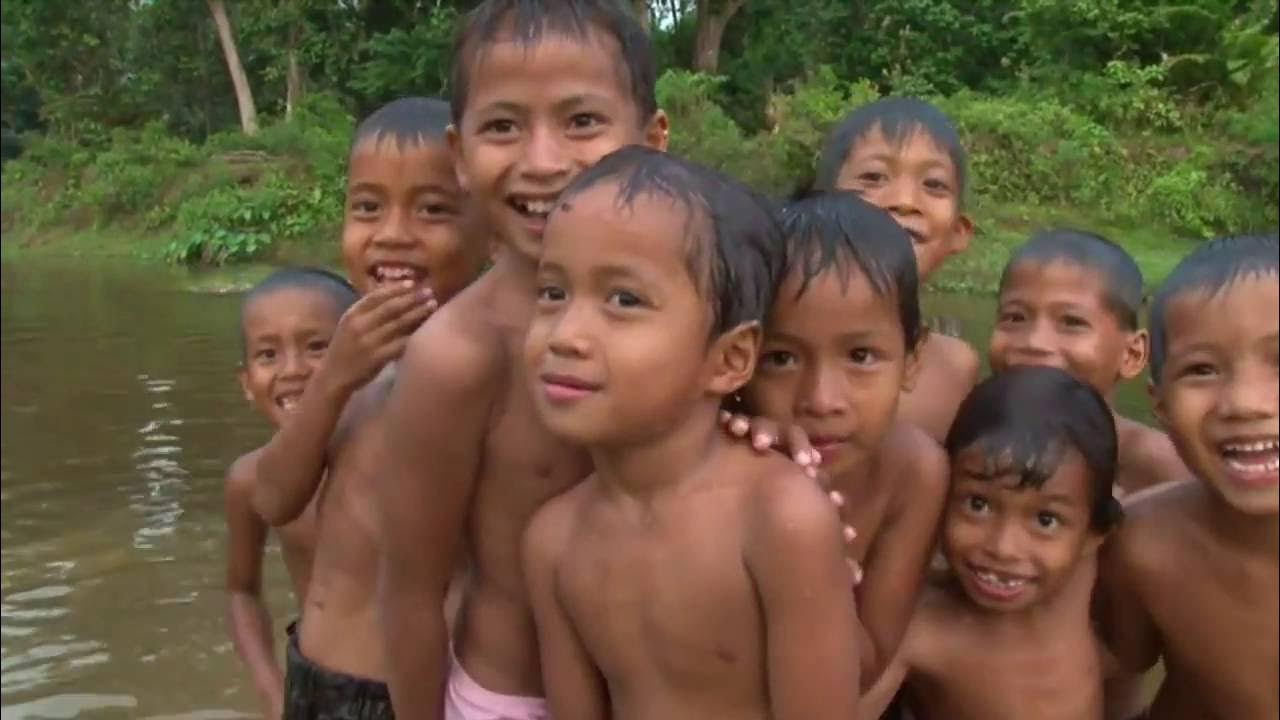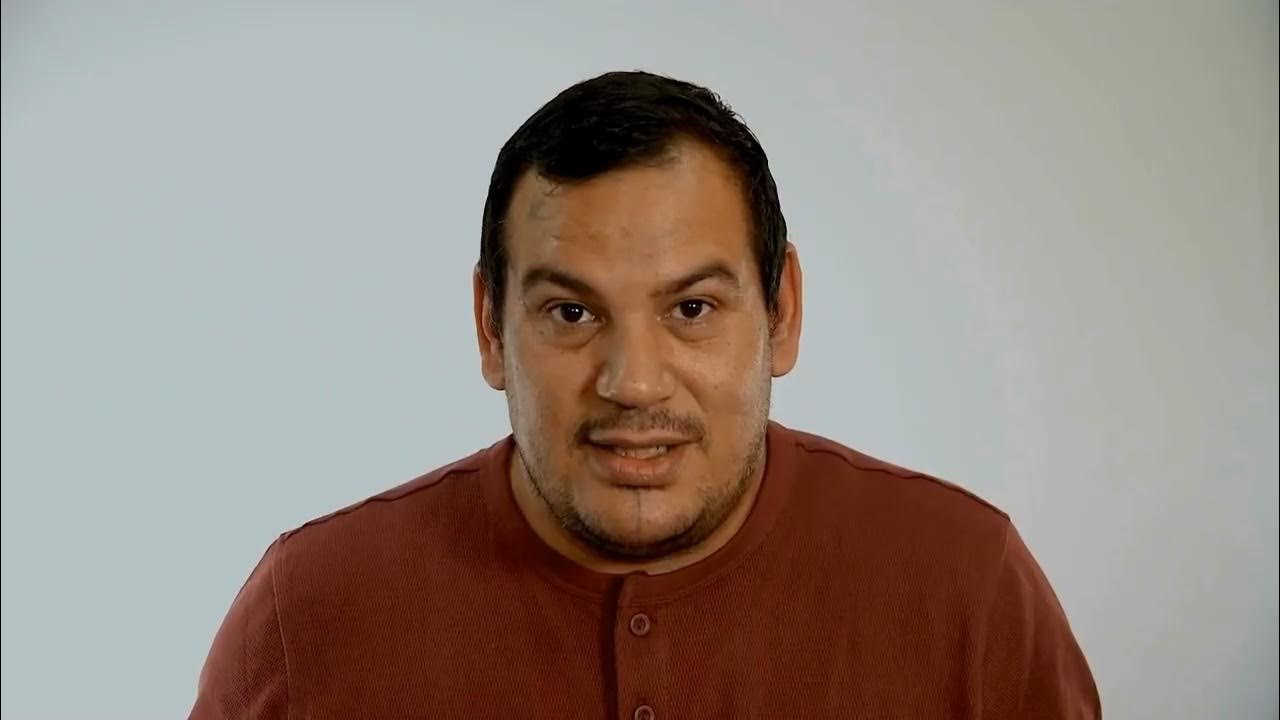Outcry over oil drilling in Ecuadorian amazon | WION Climate Tracker | WION News
Summary
TLDRIn Ecuador's Yasuni National Park, home to diverse species and indigenous tribes, the indigenous Waran people are urging authorities to halt oil drilling that has led to environmental devastation. The state-owned oil company, PetroEcuador, acknowledged a June oil spill contaminating water sources and the Napo River. Despite Ecuadorians voting to stop drilling in a reserve block, oil exploitation continues, impacting climate change mitigation efforts. The government estimates a 5-year phase-out for a block producing 10% of the country's total output. While some support oil companies for economic growth, others demand environmental protection, highlighting the conflict between development and conservation.
Takeaways
- 🌲 'A thick slick of oil' covers parts of Yasuni National Park in Ecuador, impacting the indigenous Waorani people.
- 📢 The Waorani are urging authorities to halt oil drilling, which they claim is causing environmental damage.
- 🌳 Vegetation along the road to a village in Yasuni National Park is also affected by the oil spill.
- 🗓️ The oil spill was reported in June, with state-owned PetroEcuador admitting to an undetermined amount of oil leakage.
- 💧 The spill has contaminated water sources in several towns and reached the Napo River, a tributary of the Amazon.
- 🌳 Deforestation for oil exploitation in Ecuador is exacerbating climate change, despite trees' crucial role in mitigating it.
- 🏞️ Yasuni National Park, home to diverse species and uncontacted indigenous populations, gained international attention after a vote to stop drilling.
- 🛑 The government estimates a 5-year timeline to cease oil production from the affected block, which accounts for 10% of the country's total output.
- 🚫 According to court rulings, there should be a shutdown of oil flow and infrastructure to prevent further environmental harm.
- 💰 Despite environmental concerns, some support oil companies due to the economic growth they bring, with crude oil being Ecuador's leading export.
Q & A
What is the main environmental issue discussed in the transcript?
-The main environmental issue discussed is the oil spill in Yasuni National Park, Ecuador, which has contaminated water sources and affected the environment.
Who are the indigenous people mentioned in the transcript?
-The indigenous people mentioned are the Waorani people, who are imploring authorities to stop drilling for oil in their environment.
What is the significance of Yasuni National Park?
-Yasuni National Park is one of the most biodiverse areas in the world, home to a variety of plant and animal species, including some of the world's last uncontacted indigenous populations.
What was the outcome of the Ecuadorian vote mentioned in the transcript?
-The Ecuadorians voted to stop drilling in one block of the Yasuni National Park reserve, which was hailed as a historic example of climate democracy.
What is the role of the state-owned oil company in the situation?
-The state-owned oil company, PetroEcuador, admitted to an oil leak from one of its blocks, contaminating water sources and reaching the Napo River, a tributary of the Amazon.
How does the oil industry impact climate change according to the transcript?
-The transcript suggests that the oil industry contributes to climate change by cutting down trees crucial for mitigating climate change and by causing environmental damage through oil spills.
What is the economic significance of crude oil for Ecuador?
-Crude oil is Ecuador's leading export, generating revenues of $7.8 billion in 2023.
What does the Ecuadorian Constitution say about indigenous people and land ownership?
-The Constitution recognizes indigenous people's collective ownership of land as an ancestral form of territorial organization, while the state maintains control over subsurface resources.
What is the estimated timeline for cutting all production from the affected block?
-The government estimates that it will take at least 5 years to cut all production from the block which produces 50,000 barrels per day, accounting for about 10% of the country's total output.
What are the steps recommended by the court's ruling to address the oil spill?
-According to the court's ruling, there should be a closure of the valves to stop oil flow, followed by a technical quit and a shutdown of the whole infrastructure.
What are the contrasting views on the oil industry within the communities?
-While some support the oil companies due to the economic growth they bring to their villages, others oppose them due to the environmental damage they cause.
Outlines

Этот раздел доступен только подписчикам платных тарифов. Пожалуйста, перейдите на платный тариф для доступа.
Перейти на платный тарифMindmap

Этот раздел доступен только подписчикам платных тарифов. Пожалуйста, перейдите на платный тариф для доступа.
Перейти на платный тарифKeywords

Этот раздел доступен только подписчикам платных тарифов. Пожалуйста, перейдите на платный тариф для доступа.
Перейти на платный тарифHighlights

Этот раздел доступен только подписчикам платных тарифов. Пожалуйста, перейдите на платный тариф для доступа.
Перейти на платный тарифTranscripts

Этот раздел доступен только подписчикам платных тарифов. Пожалуйста, перейдите на платный тариф для доступа.
Перейти на платный тарифПосмотреть больше похожих видео

100% INDONESIA: Kekayaan Hutan Nusantara

LIVE - Ulayat Papua VS Korporasi | BERKAS KOMPAS

How to Talk about Indigenous People of Canada 🍁 (Native, Aboriginal, First Nation EXPLAINED)

Mindless Mining - The Tragedy of Kudremukh

Native American burial mounds could become Georgia’s first national park

Colonialism and Climate Change
5.0 / 5 (0 votes)
